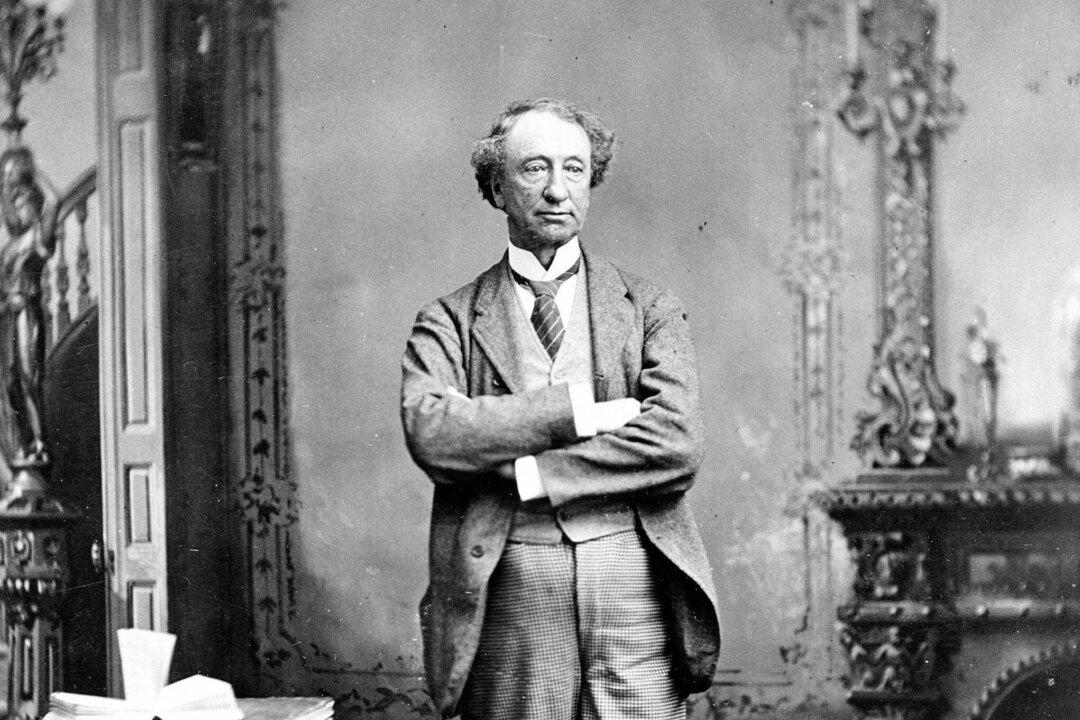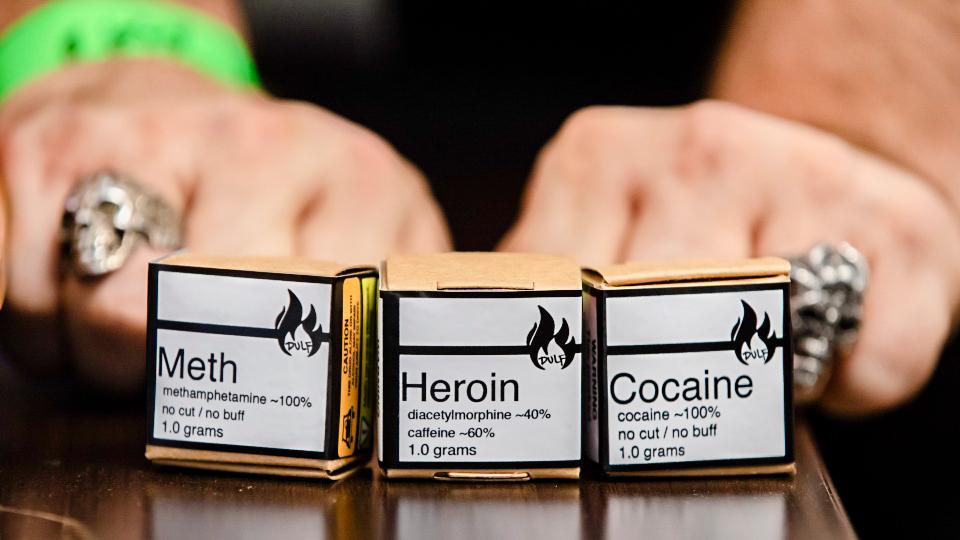A Nova Scotia mother says her nine-year-old son and his classmates were hospitalized after eating a cannabis product, and she blames the confusion on packaging that makes the product look like a “treat.”
Health care worker Katrina MacDonald said that on March 20 her son’s classmate had brought to school a bag of “Nerd Bites,” which contain up to 400 milligrams of THC per piece, according to an online vendor which sells the product.





